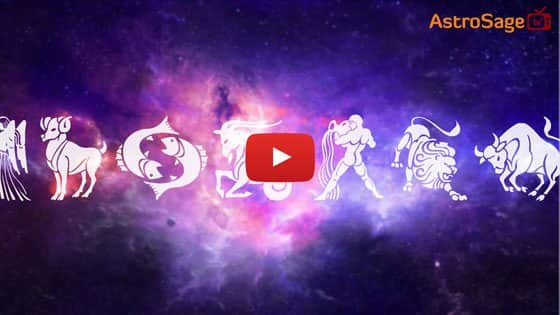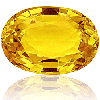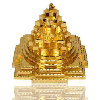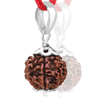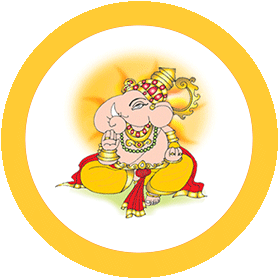Rama Ekadashi Vrat 2109
When is Rama Ekadashi in 2109?
20
October, 2109
(Sunday)
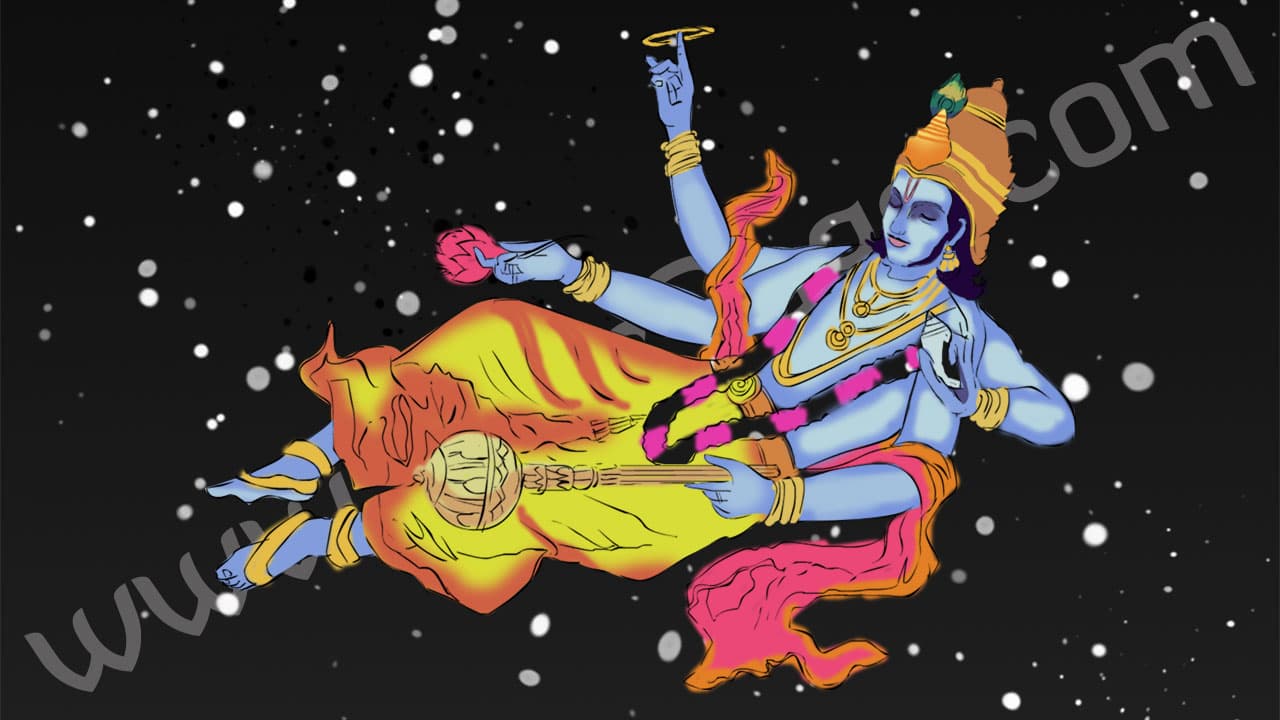
Rama Ekadashi Vrat Muhurat For New Delhi, India
Rama Ekadashi Parana Time :
06:25:16 to 08:41:25 on 21st, October
Duration :
2 Hour 16 Minute
Rama Ekadashi is of great significance in Hindu religion, as it was named after Goddess Lakshmi. On this day, Keshav Swaroop of Lord Vishnu is worshipped along with Rama swaroop of Goddess Lakshmi. This is the last Ekadashi of Chaturmas. Person who fasts on this day achieves wealth and prosperity in life.
Rama Ekadashi Vrat Puja Vidhi
The rituals for this Ekadashi fast starts from the previous day, i.e. Dashami. Therefore, one should not eat anything after sunset on the day of Dashami. Following is the Vrat Puja Vidhi for Rama Ekadashi:
1. On the day of Ekadashi, take vows for the fast and worship Lord Vishnu after bathing in the morning.
2. Offer incense, Basil leaves, lamp (Diya), Naivedya (Prasad), flowers and fruits to Lord Vishnu.
3.; Perform devotional singing (Bhajan-Kirtan and Jagrans) in the night.
4. Next day on Dwadashi, feed and donate things to Brahmins and the needy. After that, open your fast.
Importance of Rama Ekadashi
According to the description mentioned in Padma Purana, this Ekadashi fulfills all desires of people. By fasting on this day, all the sins of a person gets destroyed and she/he attains virtuous results. It also overcomes their food and money problems and brings prosperity in their lives.
Rama Ekadashi Vrat Katha
In ancient times, there was a king named Muchukunda. He was very generous, kind and a holy person. He had great faith in the fast of Ekadashis. He used to fast for each and every Ekadashi and had applied the same rule on the people of his kingdom.
He had a daughter named Chandrabhaga who also had great faith in Rama Ekadashi Vrat. She got married to Shobhan, son of King Chandrasena. When Ekadashi came, Shobhan performed the fast like everyone else. But due to weakness and hunger, he died a premature death. This disheartened Chandrabhaga, King and Queen. On the other hand, Shobhan went to Deva-nagari on Mandarachal mountain from the influence of the fast, where he was served by nymphs (Apsaraye).
One day, King Muchukunda arrived Mandarachal mountain where he saw his son-in-law. He came home and told everything to his daughter. Hearing this, she went to her husband and there both lived happily ever after.

 ₹
₹ 






